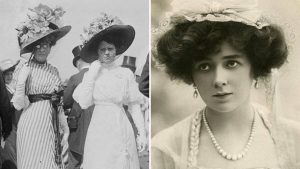Powerful female rulers throughout history
Throughout history, women have played pivotal roles in shaping societies and leading nations. These remarkable figures have defied societal norms, often stepping into roles traditionally held by men. As we explore the lives of these influential women, we celebrate their achievements and contributions to world history. Their leadership and resilience continue to inspire generations, reminding us of the power and potential within every woman.
Hatshepsut: The Female Pharaoh Who Ruled as King
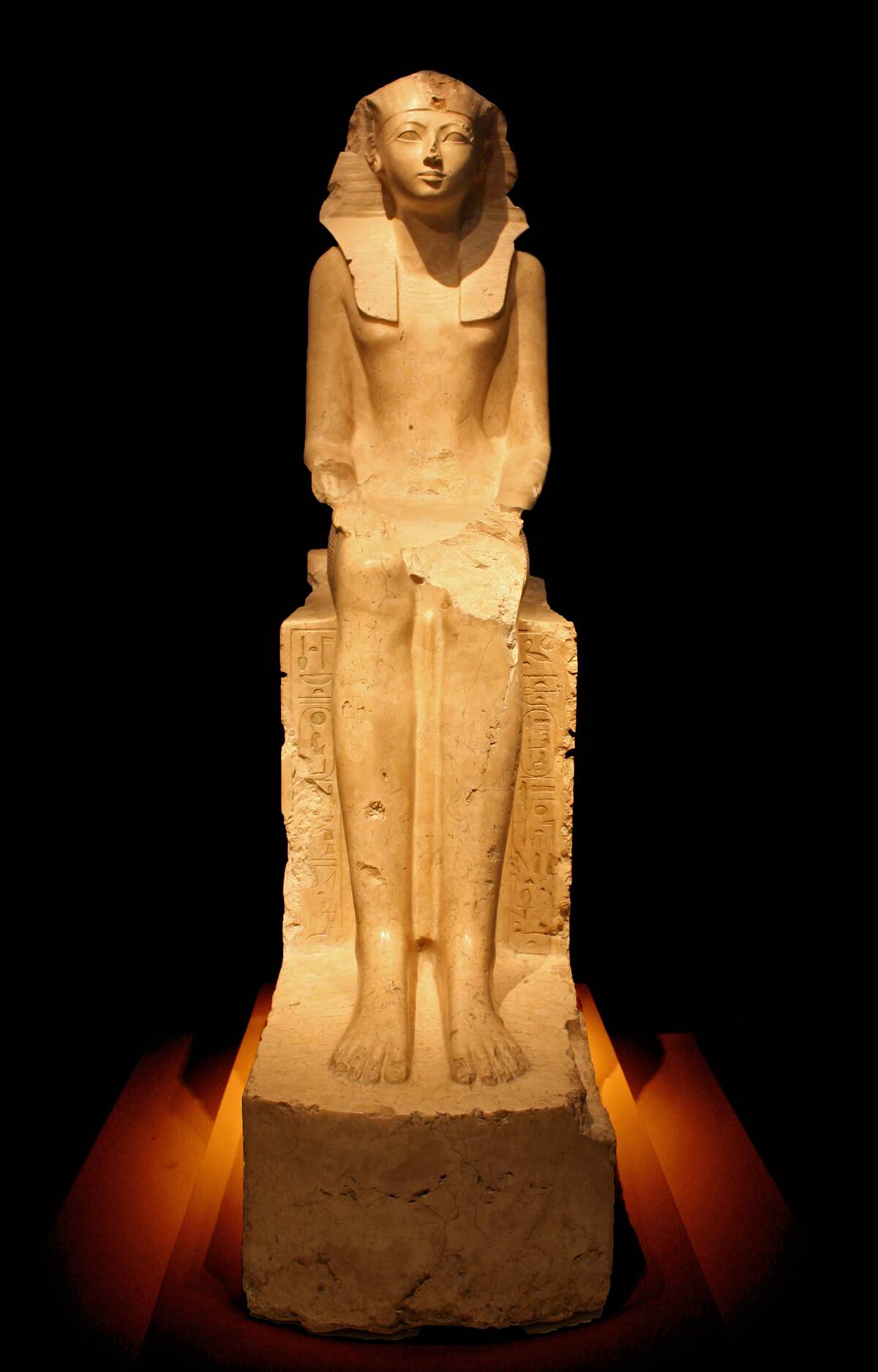
Hatshepsut was one of ancient Egypt’s most successful pharaohs, reigning for over two decades in the 15th century BCE. Unlike her predecessors, she adopted the full titles and regalia of a pharaoh, including a false beard, to assert her authority. She is known for her ambitious building projects, including the magnificent temple at Deir el-Bahri. Hatshepsut’s reign was marked by peace and prosperity, and she expanded trade networks, notably sending a famous expedition to the Land of Punt.
Cleopatra VII: The Last Pharaoh of Ancient Egypt
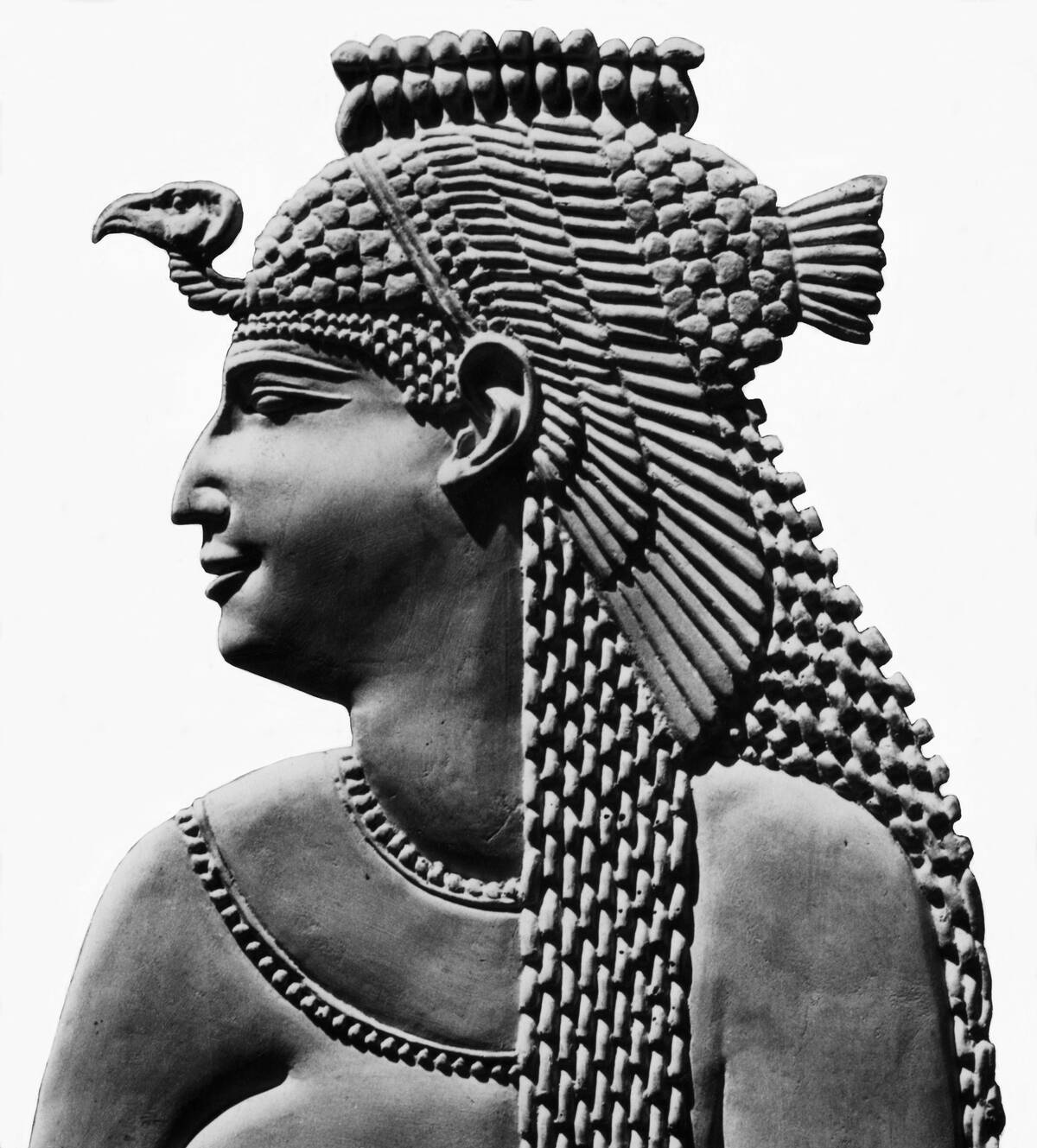
Cleopatra VII is perhaps the most famous of all female rulers in history, known for her intelligence, political acumen, and romantic liaisons with Julius Caesar and Mark Antony. Born in 69 BCE, she was the last active ruler of the Ptolemaic Kingdom of Egypt. Cleopatra spoke several languages and was a shrewd strategist who sought to protect Egypt’s independence amidst Roman expansion. Her life and reign have been immortalized in countless works of art and literature.
Empress Wu Zetian: The Only Female Emperor of China
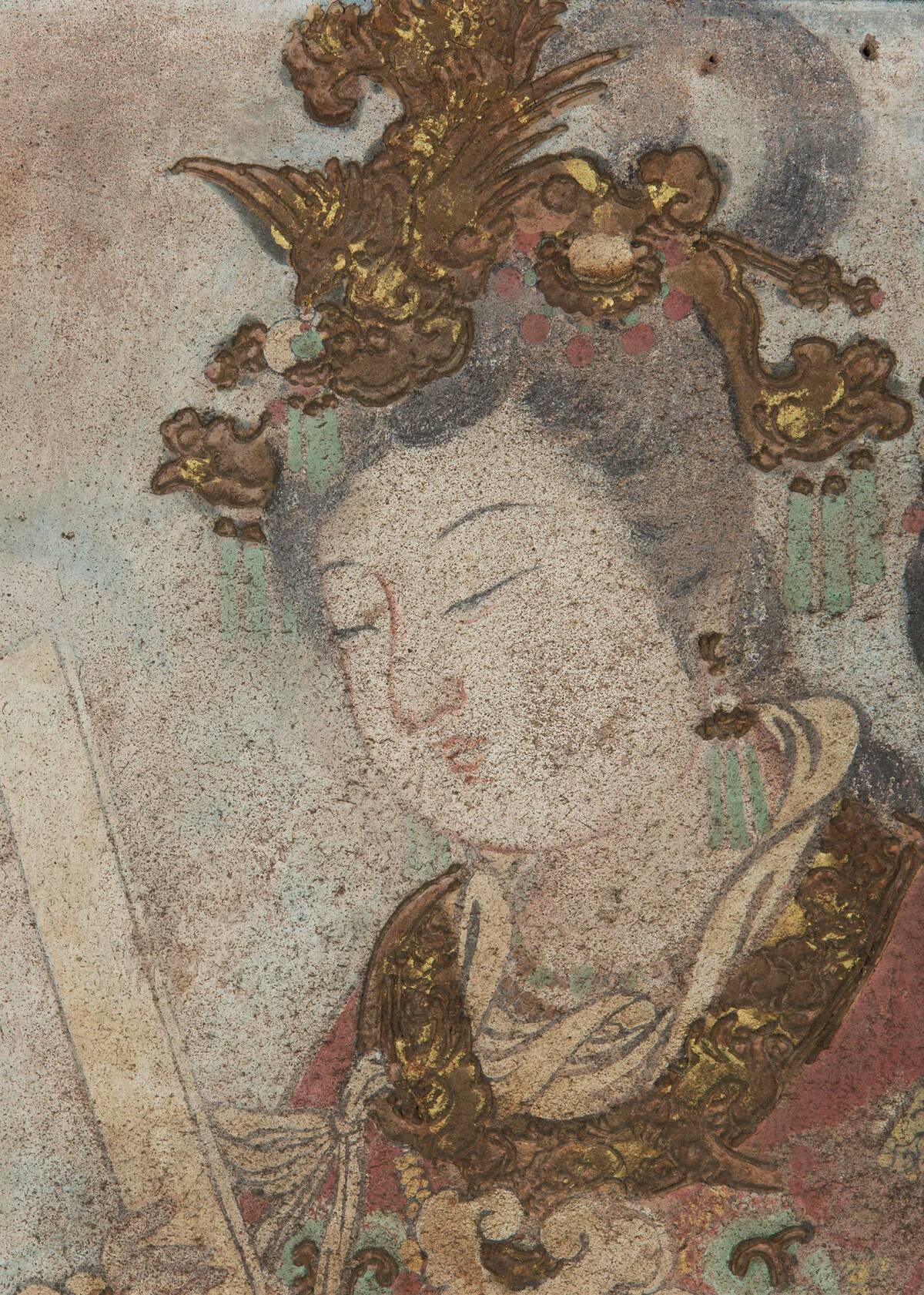
Empress Wu Zetian was the only woman to rule China as emperor in her own right, during the Tang dynasty in the late 7th and early 8th centuries. She rose from concubinage to become the most powerful woman in Chinese history, known for her effective administration and support of Buddhism. Wu Zetian implemented several reforms to improve the bureaucracy and reduce corruption, and she expanded the empire’s territory. Her reign was characterized by a flourishing of culture and the arts.
Eleanor of Aquitaine: The Queen of Two Nations
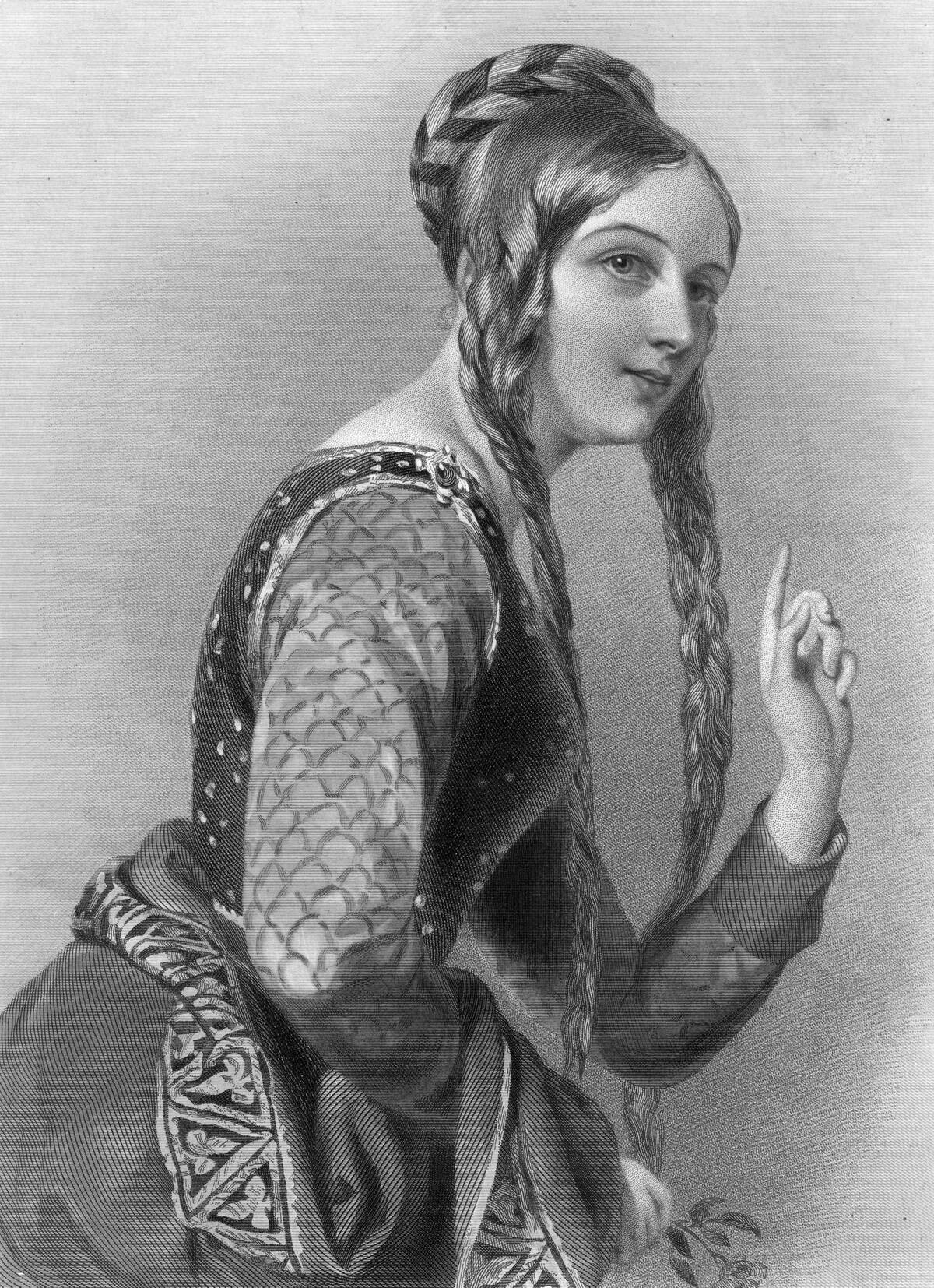
Eleanor of Aquitaine was one of the wealthiest and most powerful women in Europe during the High Middle Ages. She was queen consort of both France and England, a rare achievement in history. Eleanor was a patron of the arts and was instrumental in the cultural development of her courts. Her marriage to Henry II of England brought significant territories into the English crown. She played a key role in the political landscape of her time, even leading a revolt against her husband.
Isabella I of Castile: The Queen Who Unified Spain
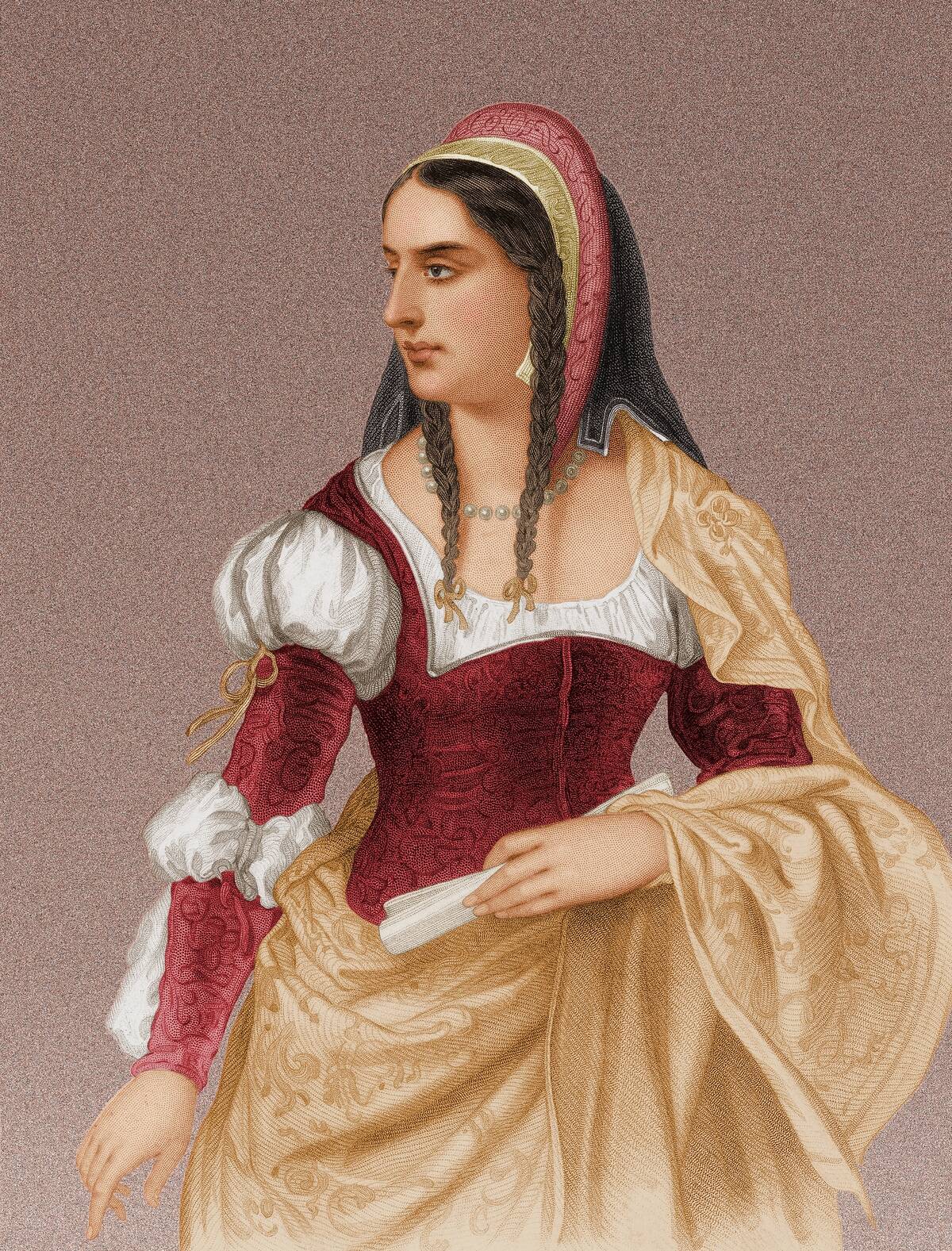
Queen Isabella I of Castile was a formidable ruler who, alongside her husband Ferdinand of Aragon, is credited with the unification of Spain. Her reign saw the completion of the Reconquista, the expulsion of the Moors from Granada in 1492. Isabella also sponsored Christopher Columbus’s 1492 voyage, leading to the discovery of the New World. She was a devout Catholic, and her reign was marked by religious reforms.
Elizabeth I: The Virgin Queen Who Defied Expectations
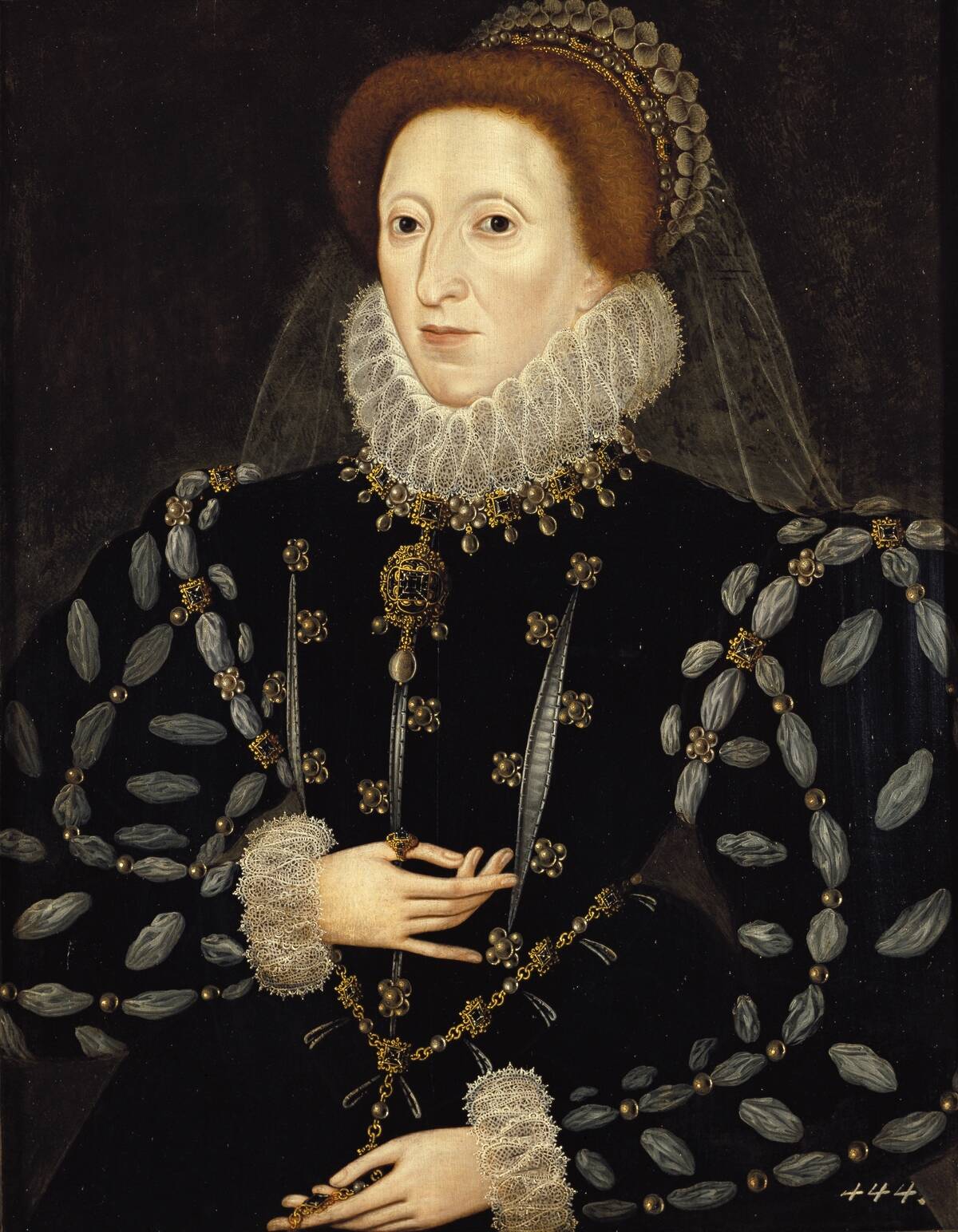
Elizabeth I, daughter of Henry VIII and Anne Boleyn, was the last Tudor monarch of England, reigning from 1558 to 1603. Known as the Virgin Queen, she never married, choosing instead to devote herself to her country. Her reign, known as the Elizabethan Era, was a time of great cultural flourishing and saw the defeat of the Spanish Armada in 1588. Elizabeth skillfully navigated religious and political challenges, establishing England as a major European power.
Catherine the Great: The Empress Who Expanded Russian Empire
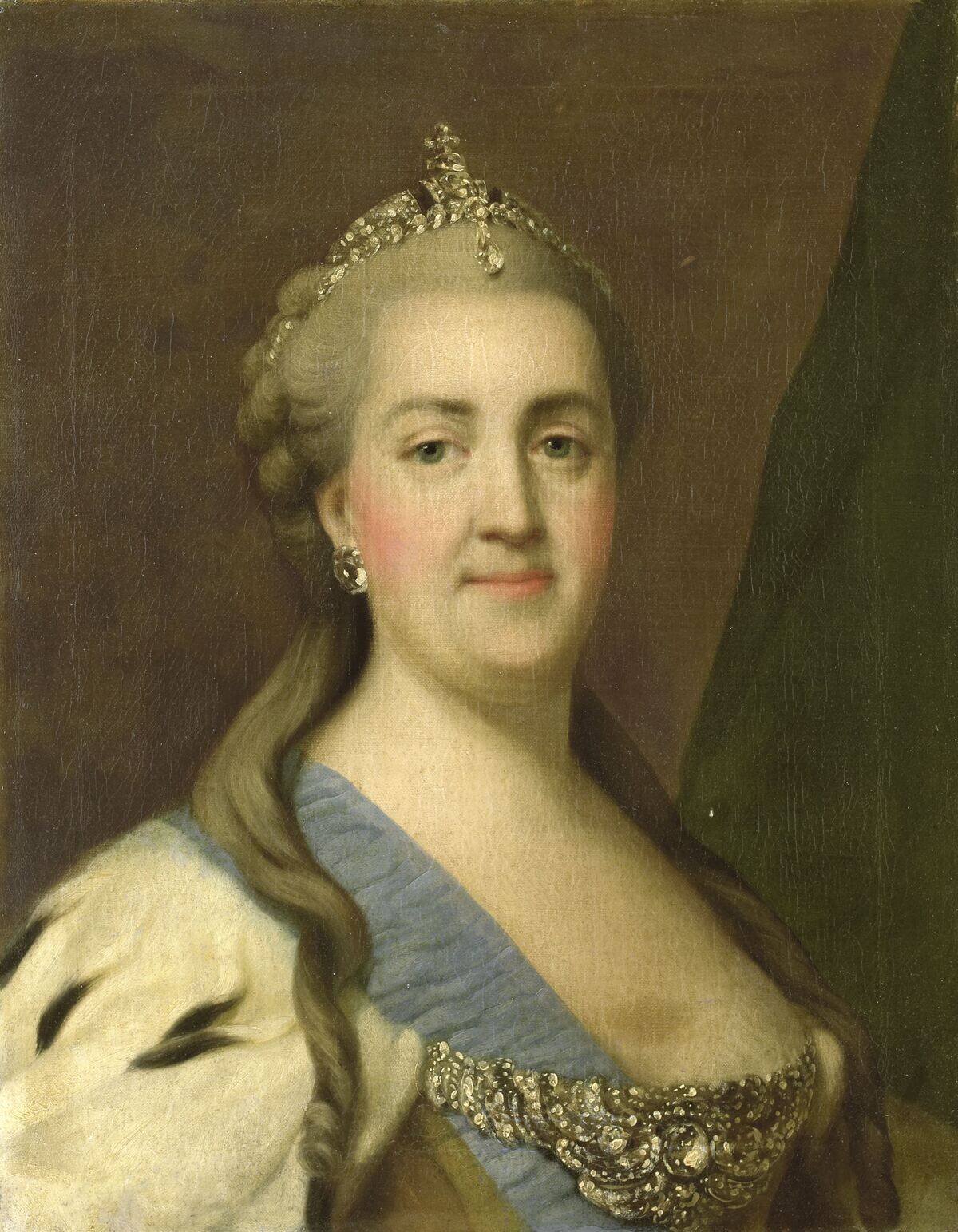
Catherine the Great was a formidable ruler who transformed Russia into a great European power during her reign from 1762 to 1796. Born a German princess, she married into the Russian royal family and seized the throne in a coup. Catherine is known for her ambitious territorial expansion, including the annexation of Crimea. She was a patron of the arts and an advocate of Enlightenment ideas, though her reforms often favored the nobility, leading to increased serfdom.
Queen Victoria: The Monarch Who Defined an Era
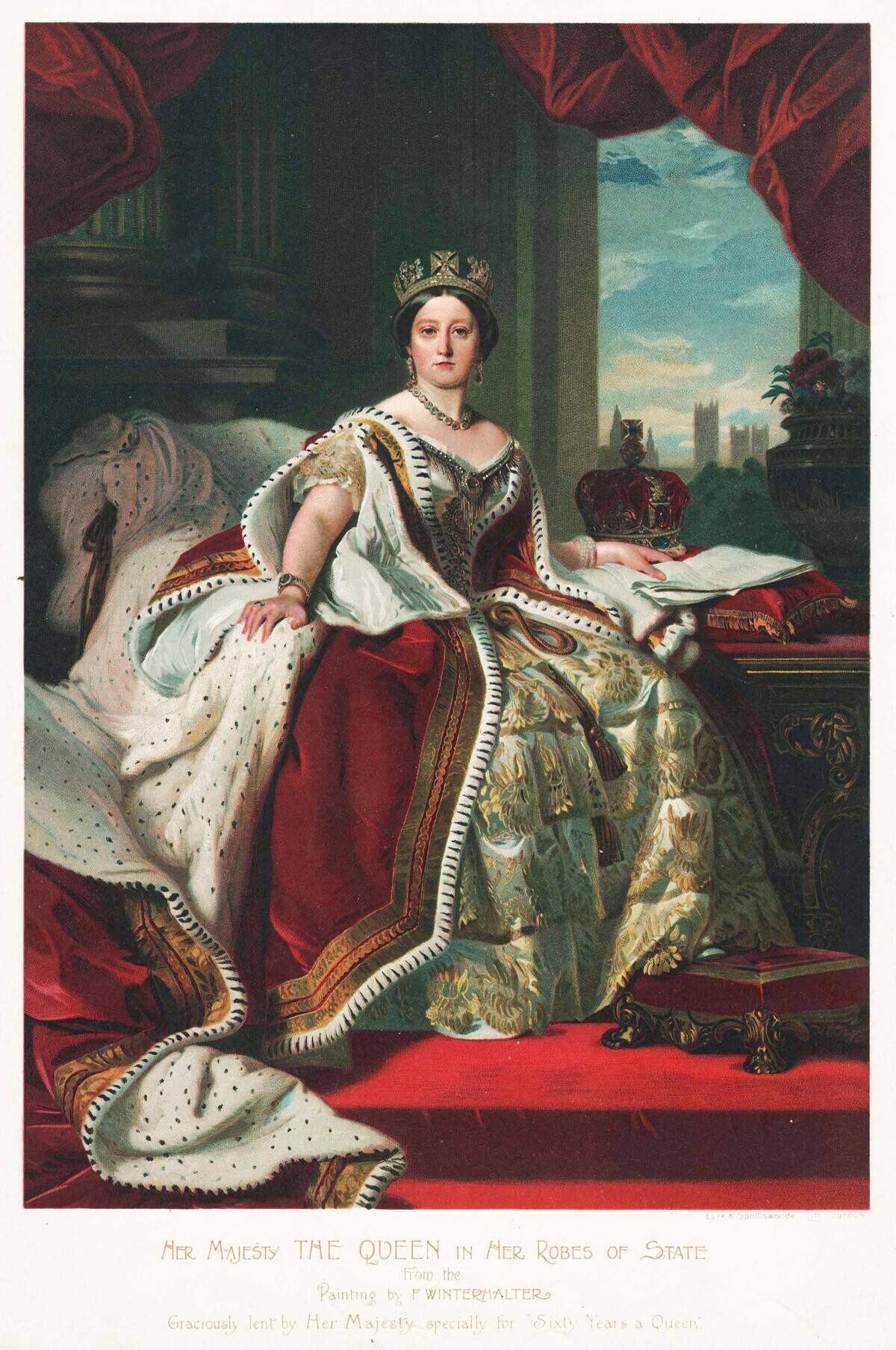
Queen Victoria was the longest-reigning British monarch before Queen Elizabeth II, with a reign lasting from 1837 to 1901. The Victorian Era, named after her, was marked by industrial revolution, cultural change, and the expansion of the British Empire. Victoria became a symbol of British imperial power and domestic virtue. Her reign saw significant social, economic, and technological advancements, including the expansion of the railway network and the introduction of the telegraph.
Empress Dowager Cixi: The Woman Behind the Throne in China
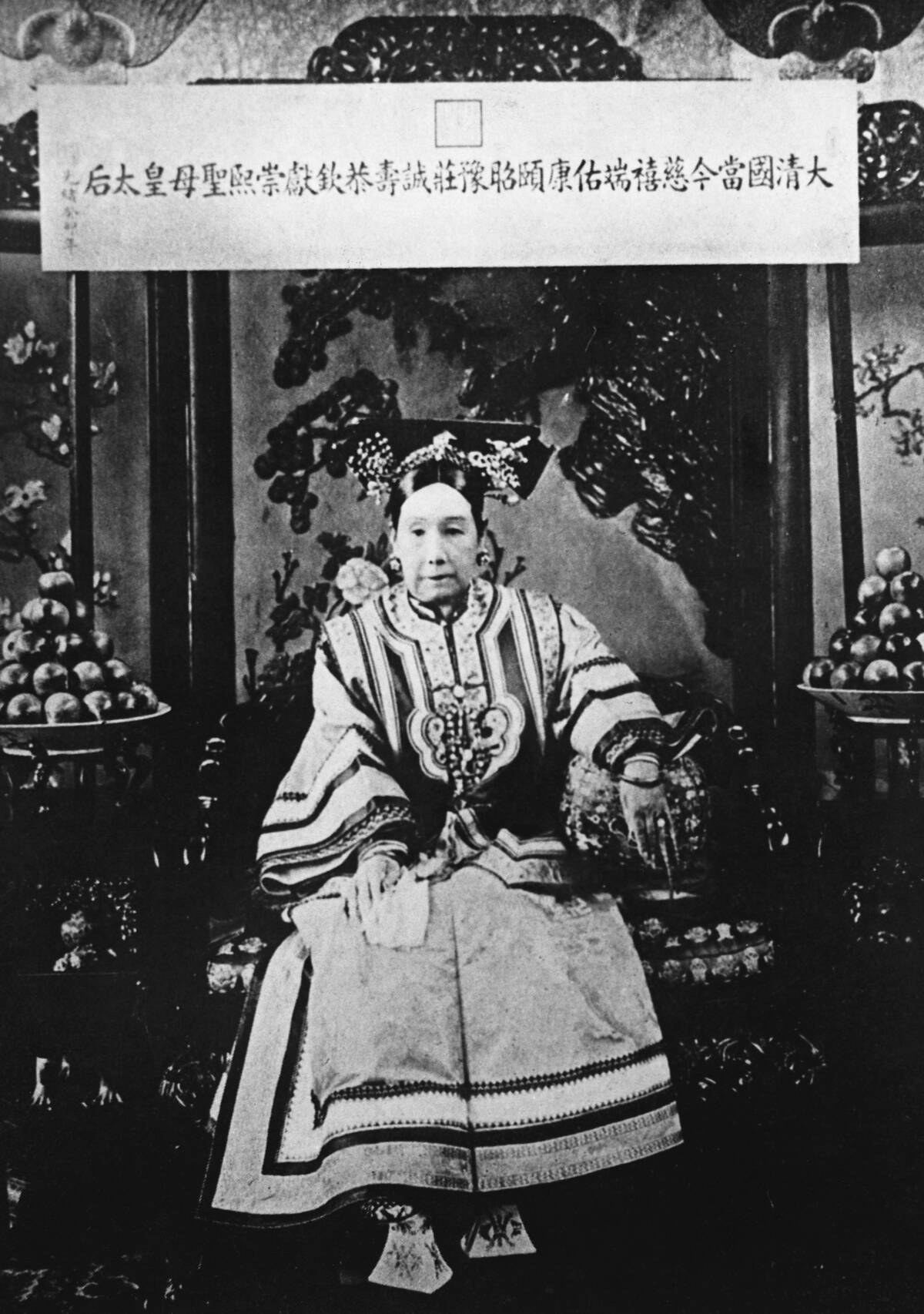
Empress Dowager Cixi was a powerful and controversial figure in late Qing Dynasty China, effectively ruling from behind the scenes for nearly half a century. Initially a concubine, she rose to power as the mother of the emperor and acted as regent. Cixi is known for her conservative policies and resistance to Western influence, but she also initiated several reforms in her later years. Her rule was a time of significant internal strife and external threats to China’s sovereignty.
Indira Gandhi: The Iron Lady of India
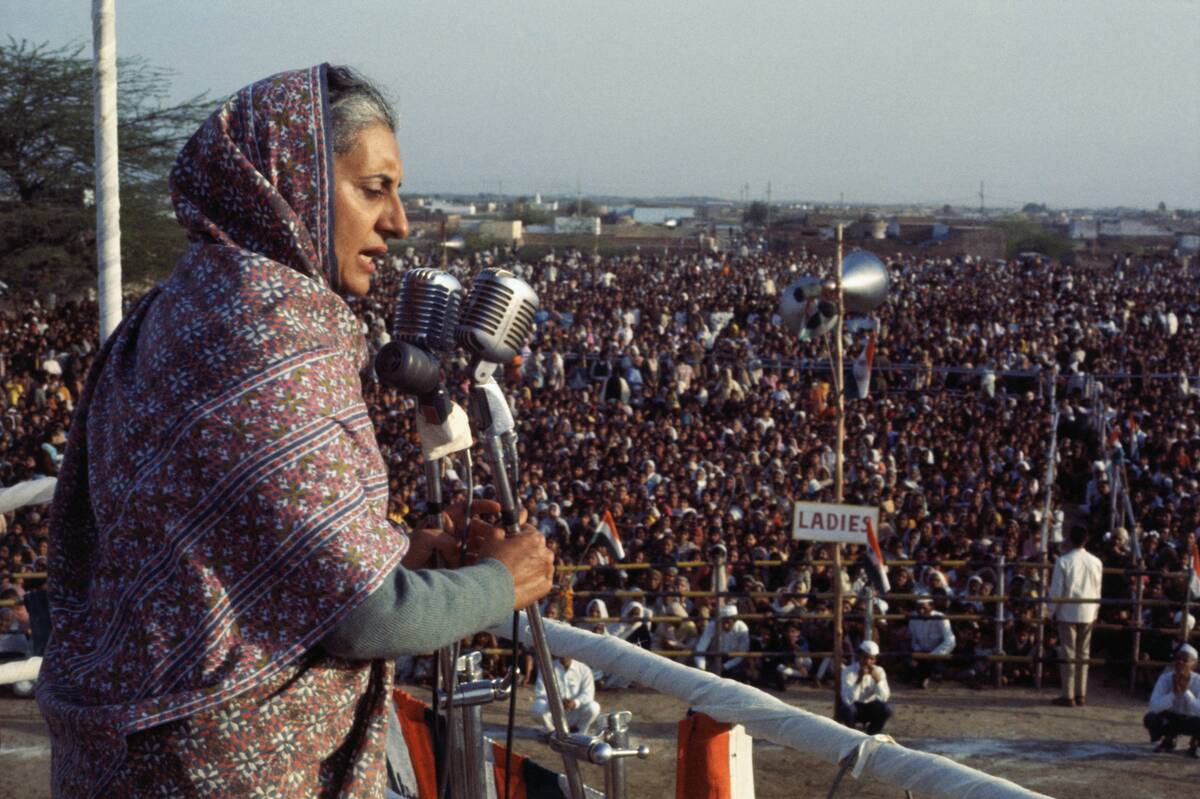
Indira Gandhi, daughter of Jawaharlal Nehru, was the first and only female Prime Minister of India, serving from 1966 to 1977 and again from 1980 until her assassination in 1984. Known for her strong will and political acumen, she was dubbed the ‘Iron Lady of India.’ Her tenure was marked by significant political and economic challenges, including the Green Revolution, which transformed India’s agricultural sector, and the controversial Emergency period from 1975 to 1977.
Margaret Thatcher: The First Female Prime Minister of the UK
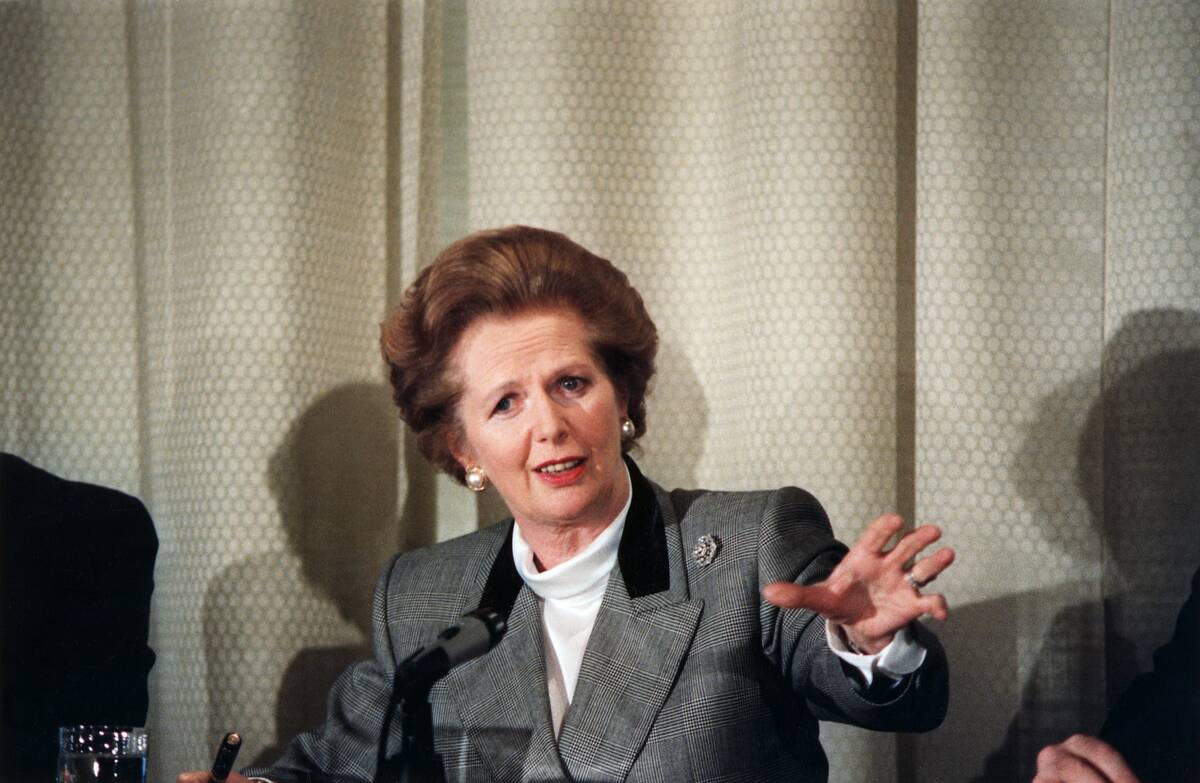
Margaret Thatcher, known as the ‘Iron Lady,’ was the first female Prime Minister of the United Kingdom, serving from 1979 to 1990. Her policies, known as Thatcherism, emphasized deregulation, privatization, and reducing the power of trade unions. Thatcher’s leadership style and economic reforms were both lauded and criticized, leaving a lasting impact on British politics. She was a key figure in the Cold War era, known for her close relationship with U.S. President Ronald Reagan.
Angela Merkel: The World’s Most Powerful Woman
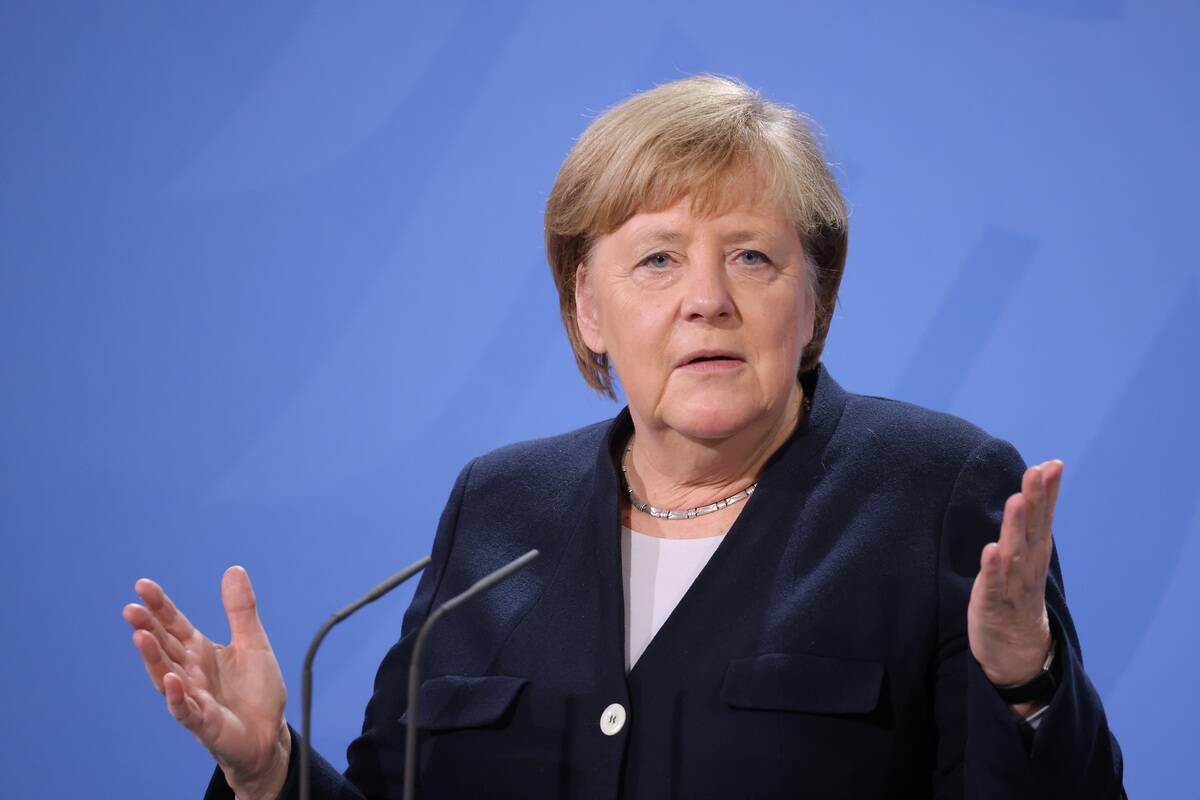
Angela Merkel served as the Chancellor of Germany from 2005 to 2021, becoming one of the world’s most influential leaders. Known for her pragmatic and cautious approach, Merkel navigated Germany through multiple crises, including the European debt crisis and the influx of refugees in 2015. Her leadership style was characterized by stability and consensus-building, earning her the nickname ‘Mutti.’ Merkel’s tenure strengthened Germany’s position as a leading global economic power.
Golda Meir: Israel’s First and Only Female Prime Minister
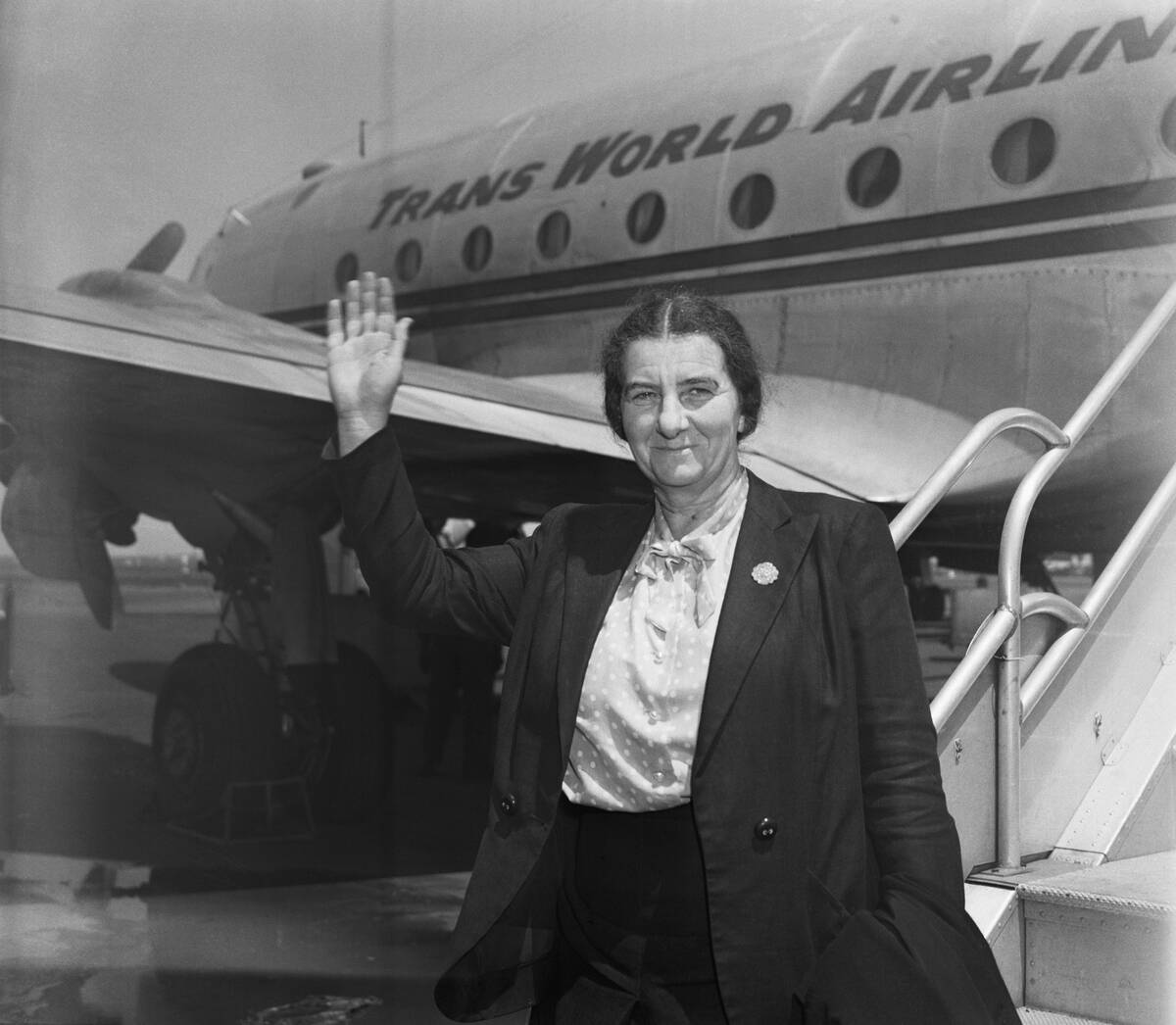
Golda Meir, born in Ukraine, became Israel’s first and only female Prime Minister, serving from 1969 to 1974. Known for her straightforward and uncompromising nature, Meir was a significant leader. Her tenure was marked by the Yom Kippur War in 1973, a difficult period for Israel. Despite facing criticism, Meir’s leadership and dedication to her country remain influential in Israeli history, earning her the nickname ‘Iron Lady of Israeli politics.’
Aung San Suu Kyi: The Nobel Laureate and Political Leader
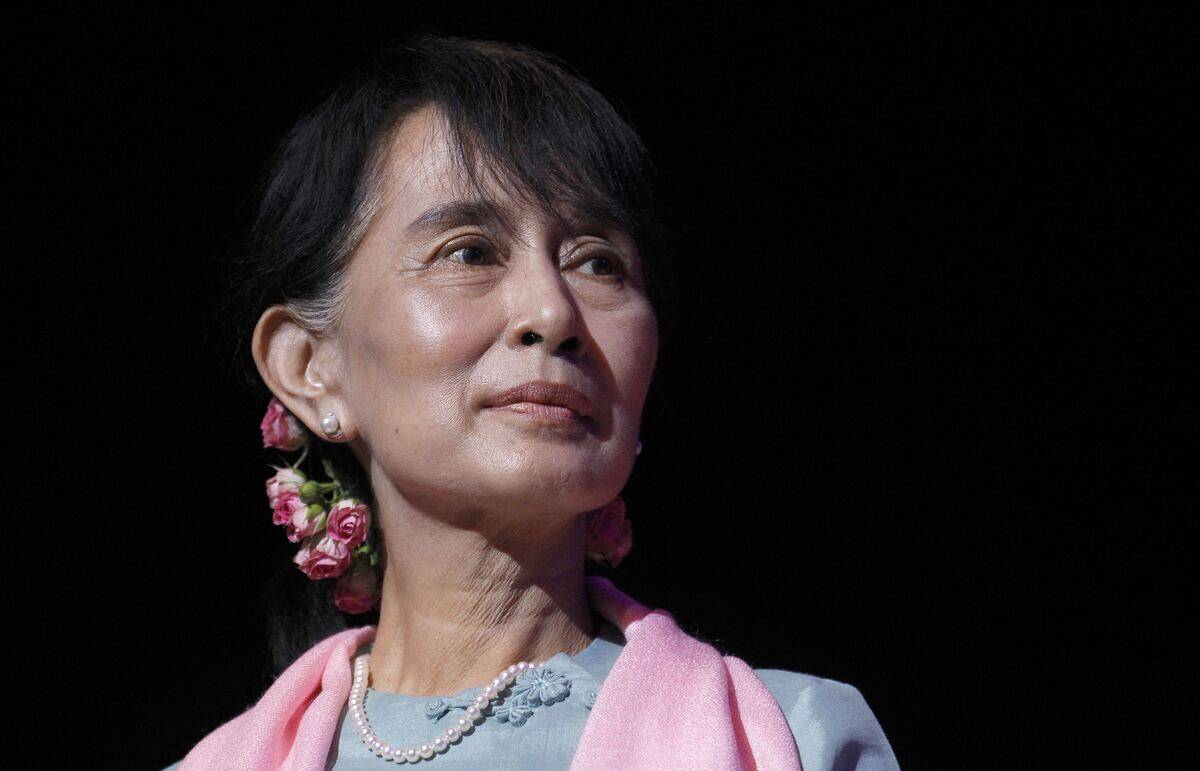
Aung San Suu Kyi is a prominent political figure in Myanmar, known for her long struggle for democracy and human rights. She was awarded the Nobel Peace Prize in 1991 while under house arrest. Suu Kyi’s leadership of the National League for Democracy brought international attention to Myanmar’s political situation. Her later political career, however, has been marred by controversy, particularly regarding the treatment of the Rohingya minority. Her legacy remains complex and multifaceted.
Conclusion: The Legacy of Powerful Female Rulers
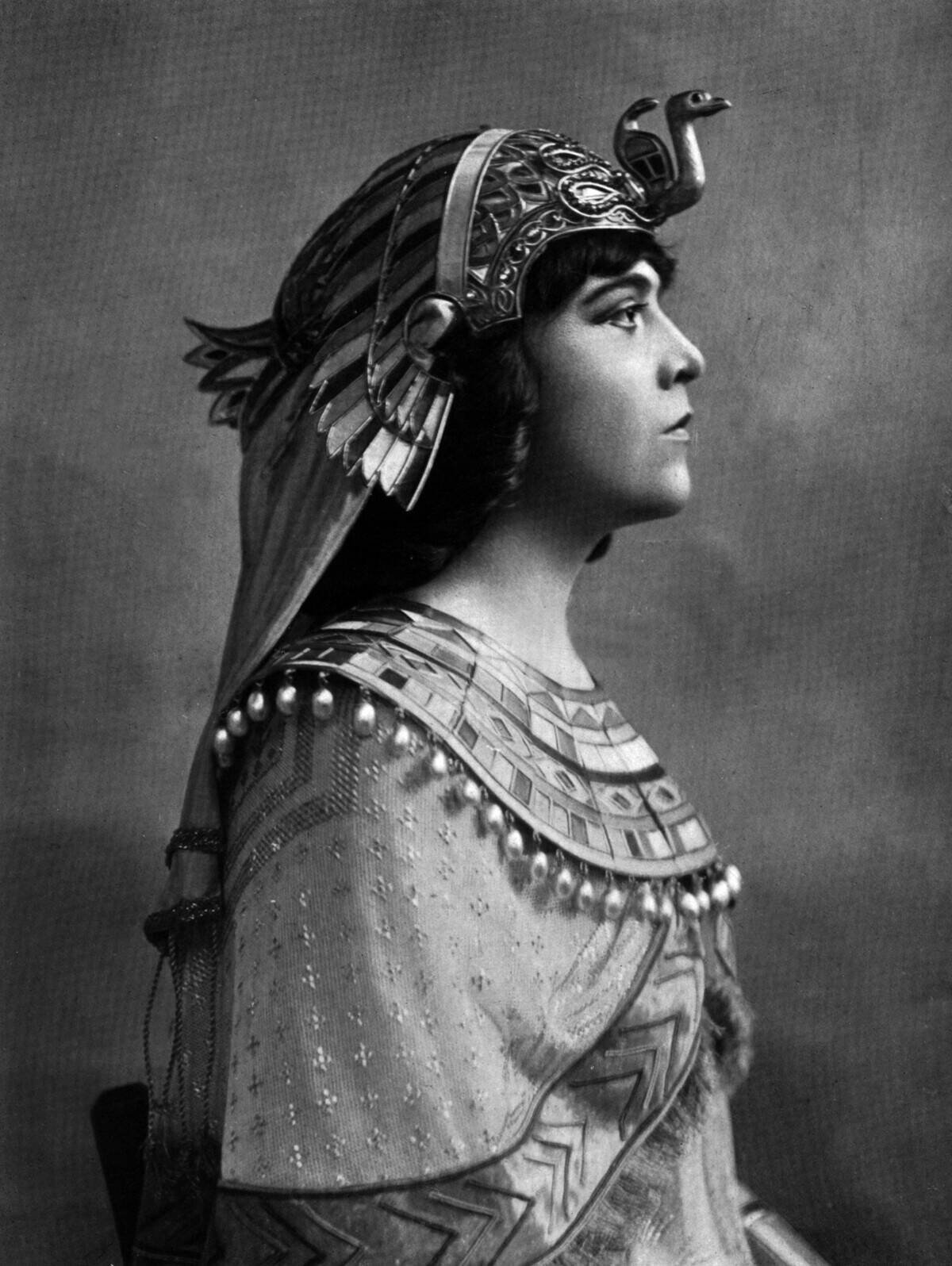
The stories of these remarkable women remind us of the enduring impact of female leadership throughout history. Each of these leaders faced unique challenges and left indelible marks on their nations and the world. Their legacies continue to inspire and empower future generations of women to pursue leadership roles and challenge societal norms. As we celebrate their achievements, we recognize the ongoing journey toward gender equality and the vital role women play in shaping our world.





